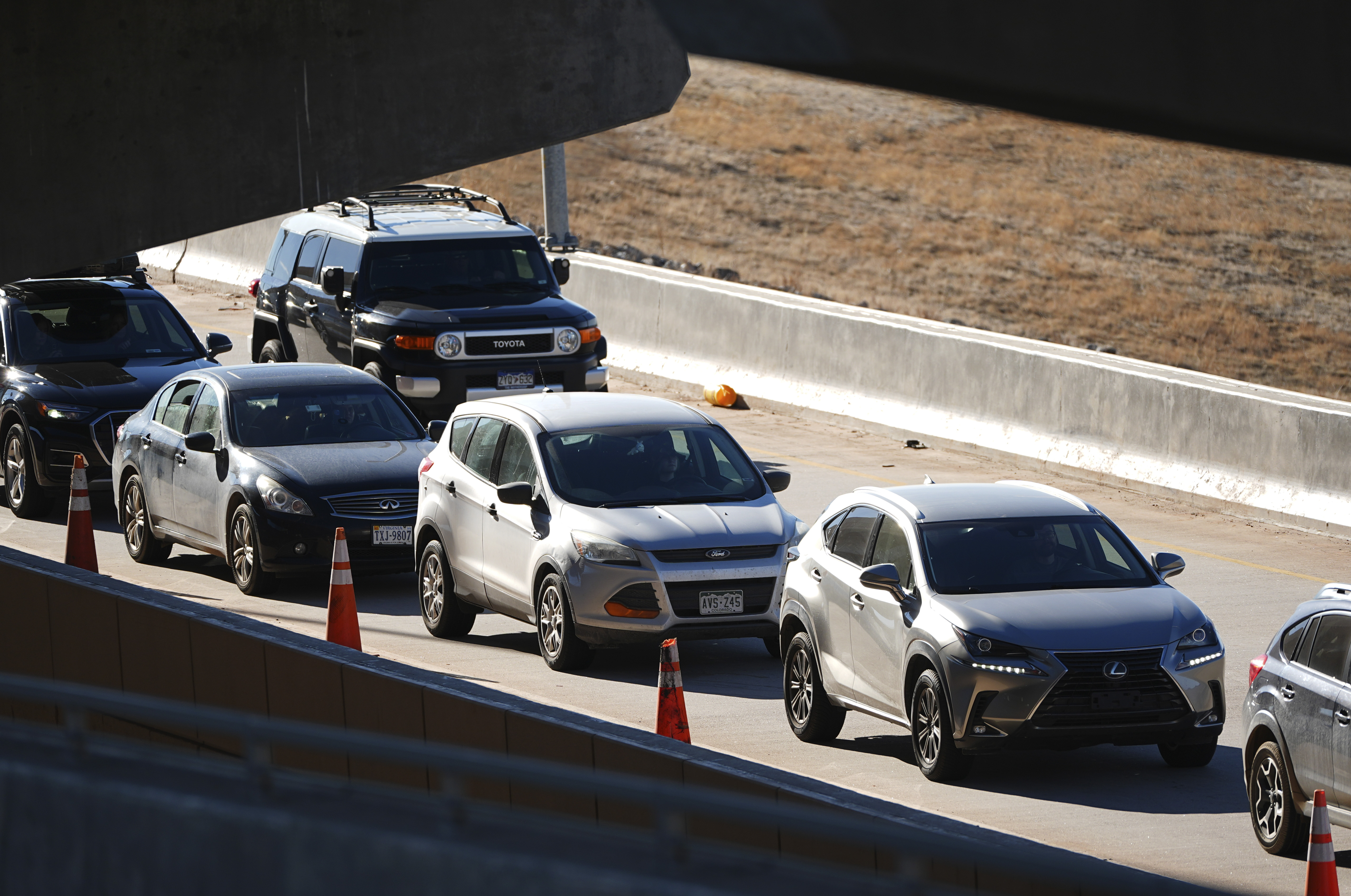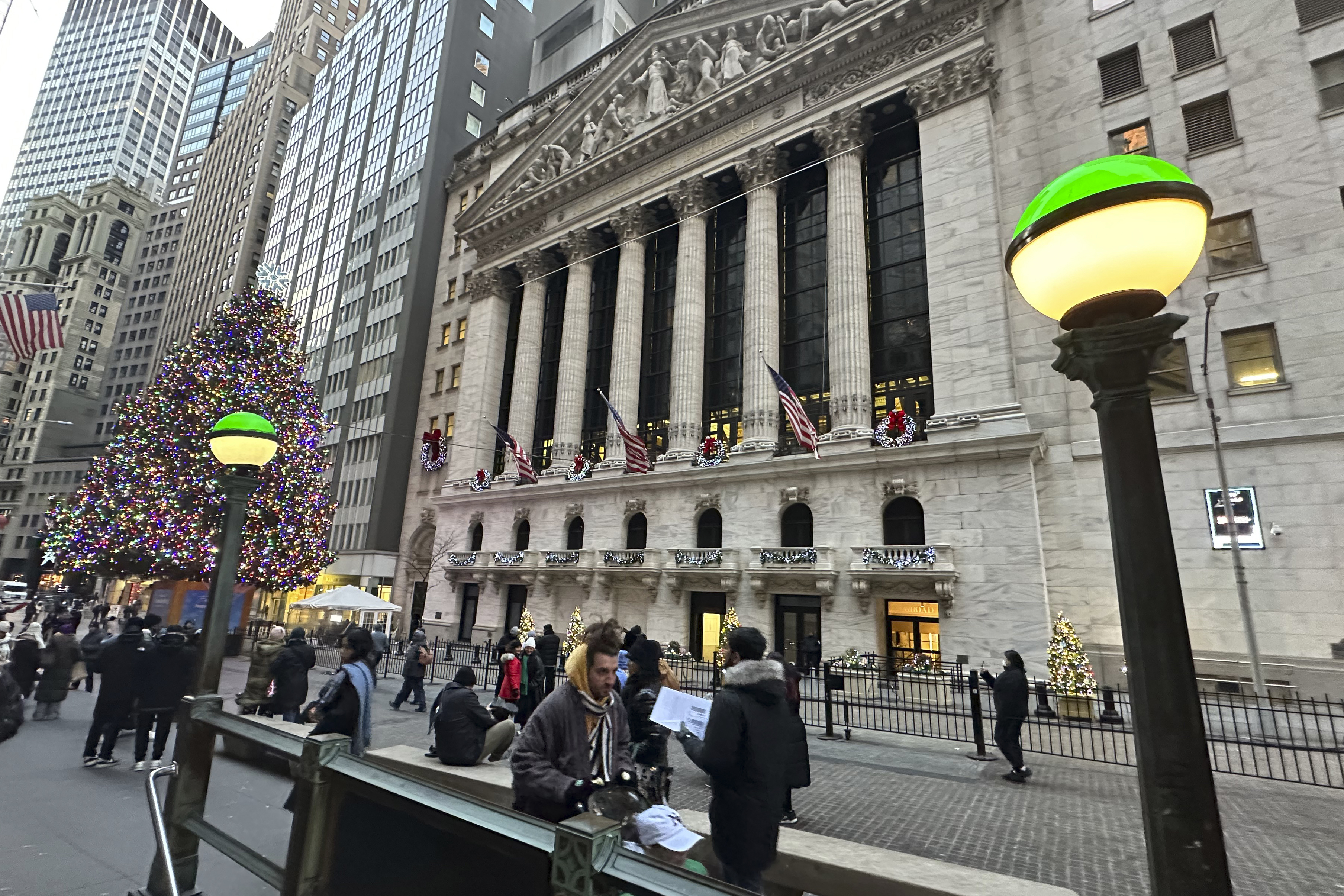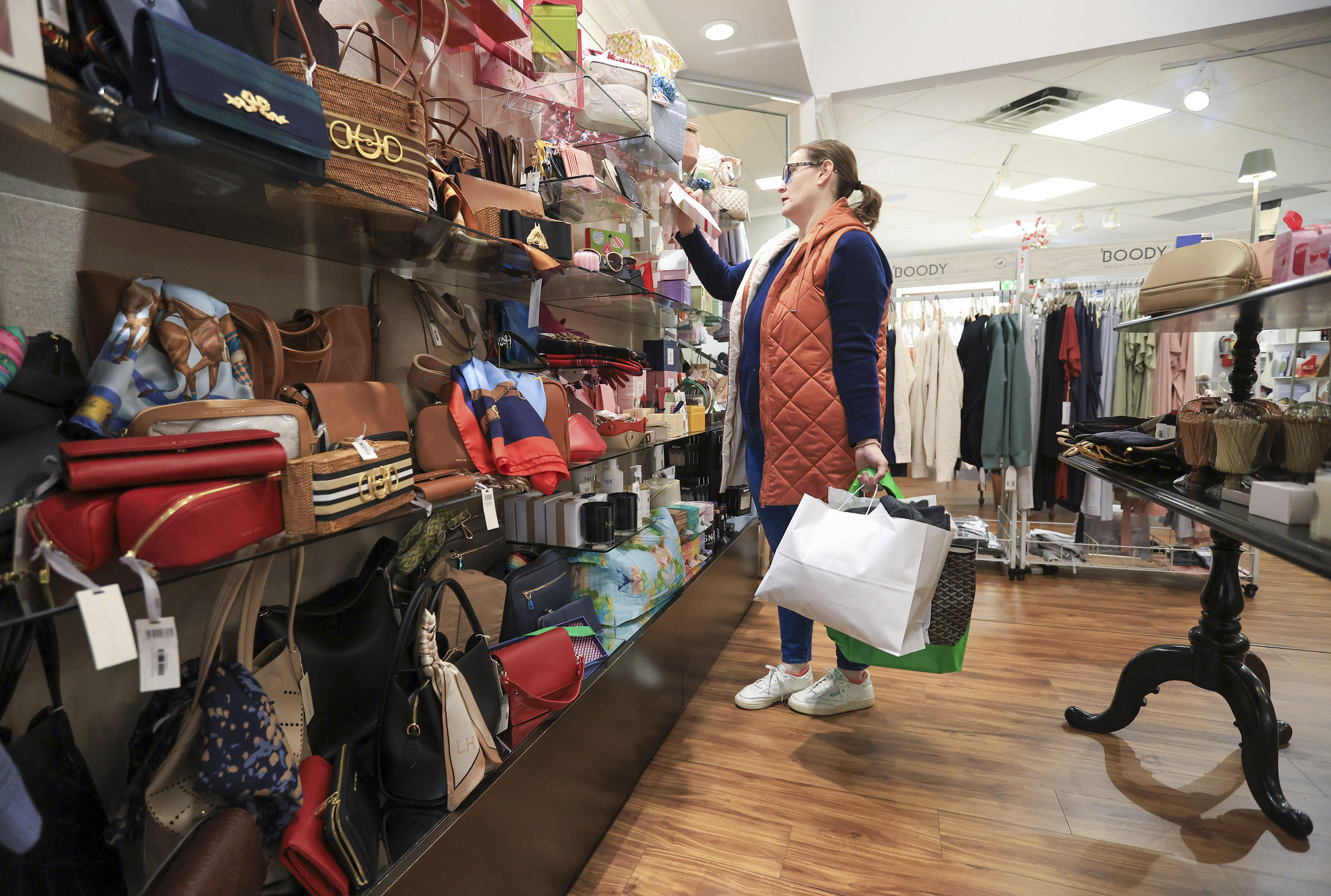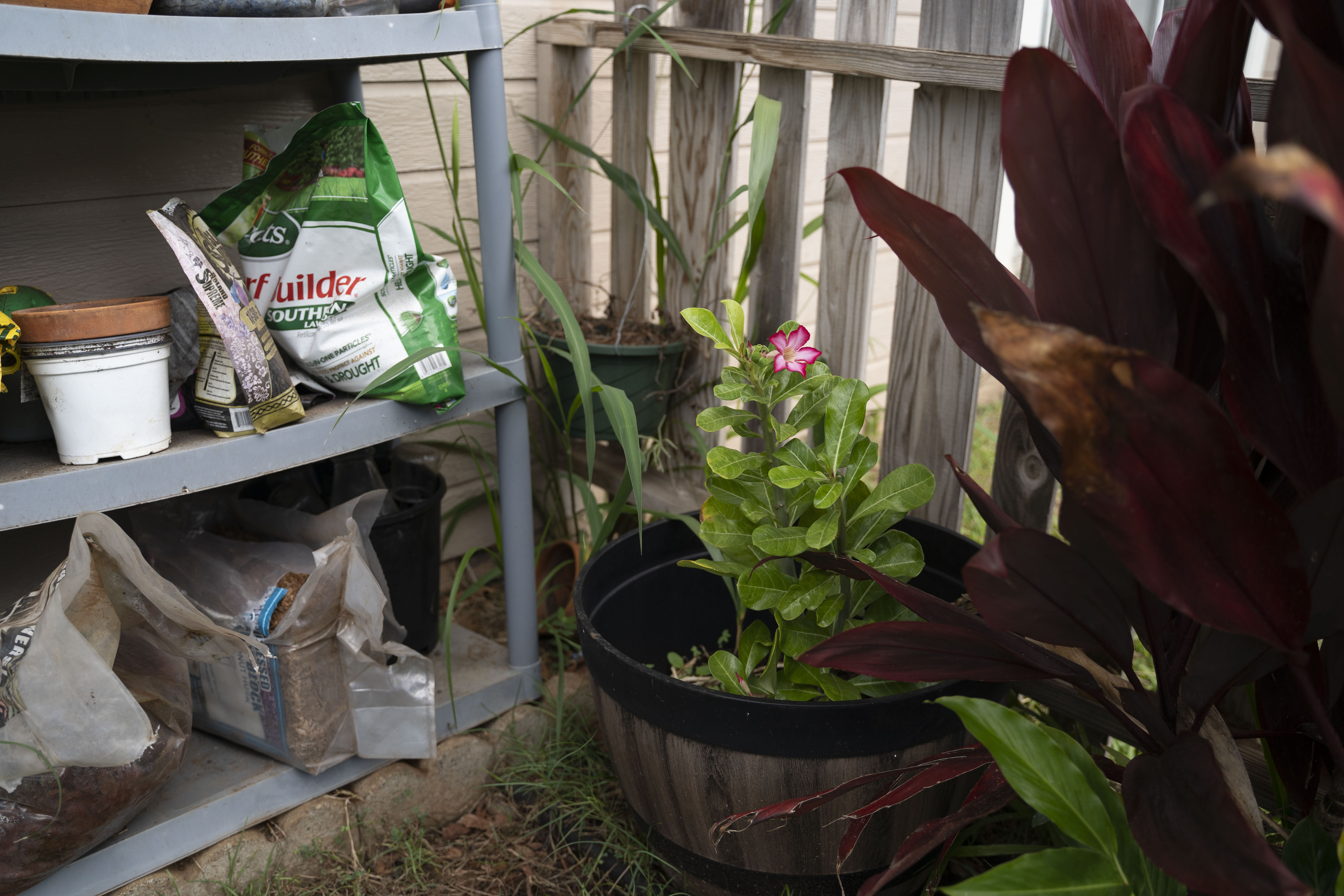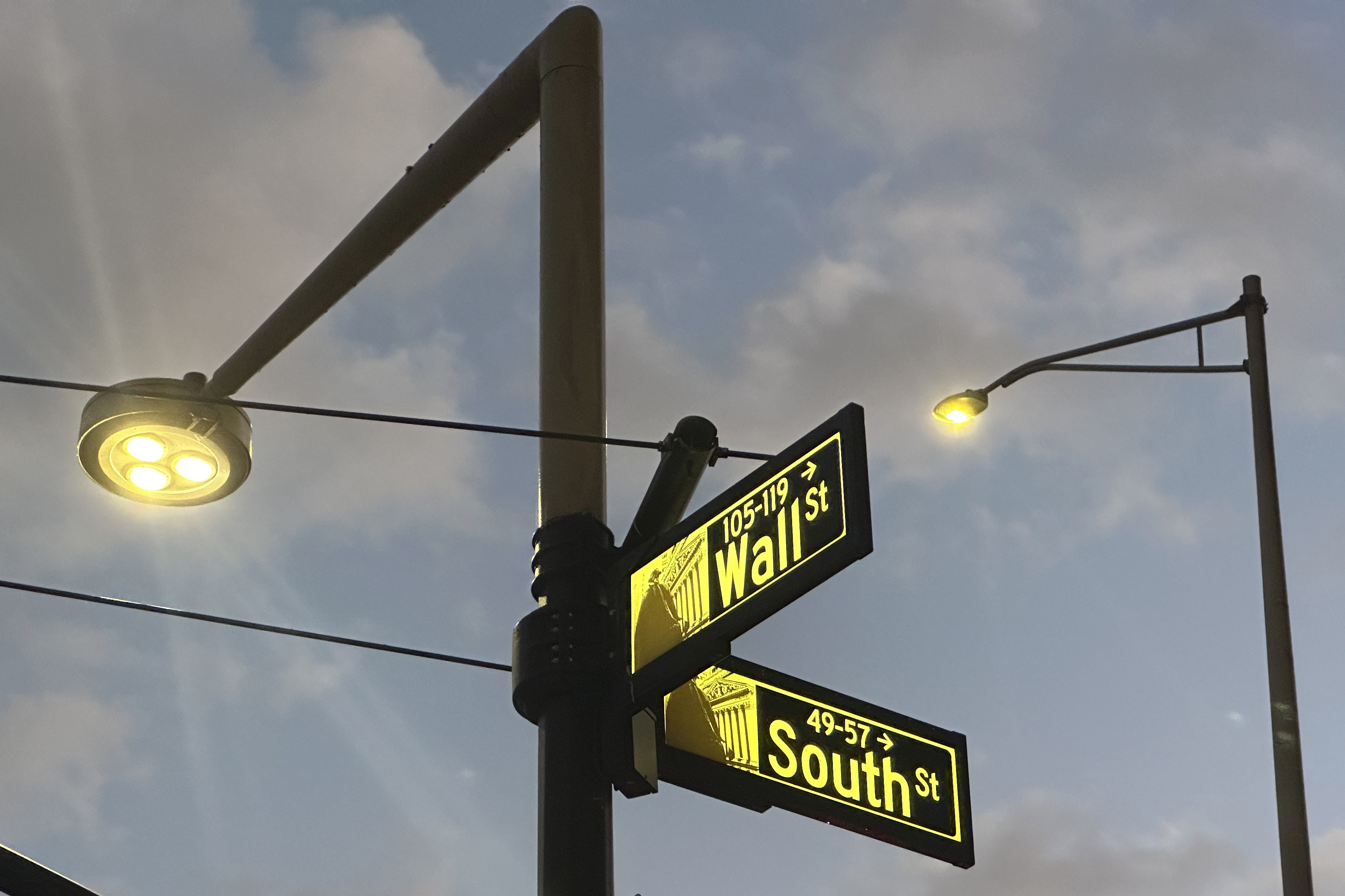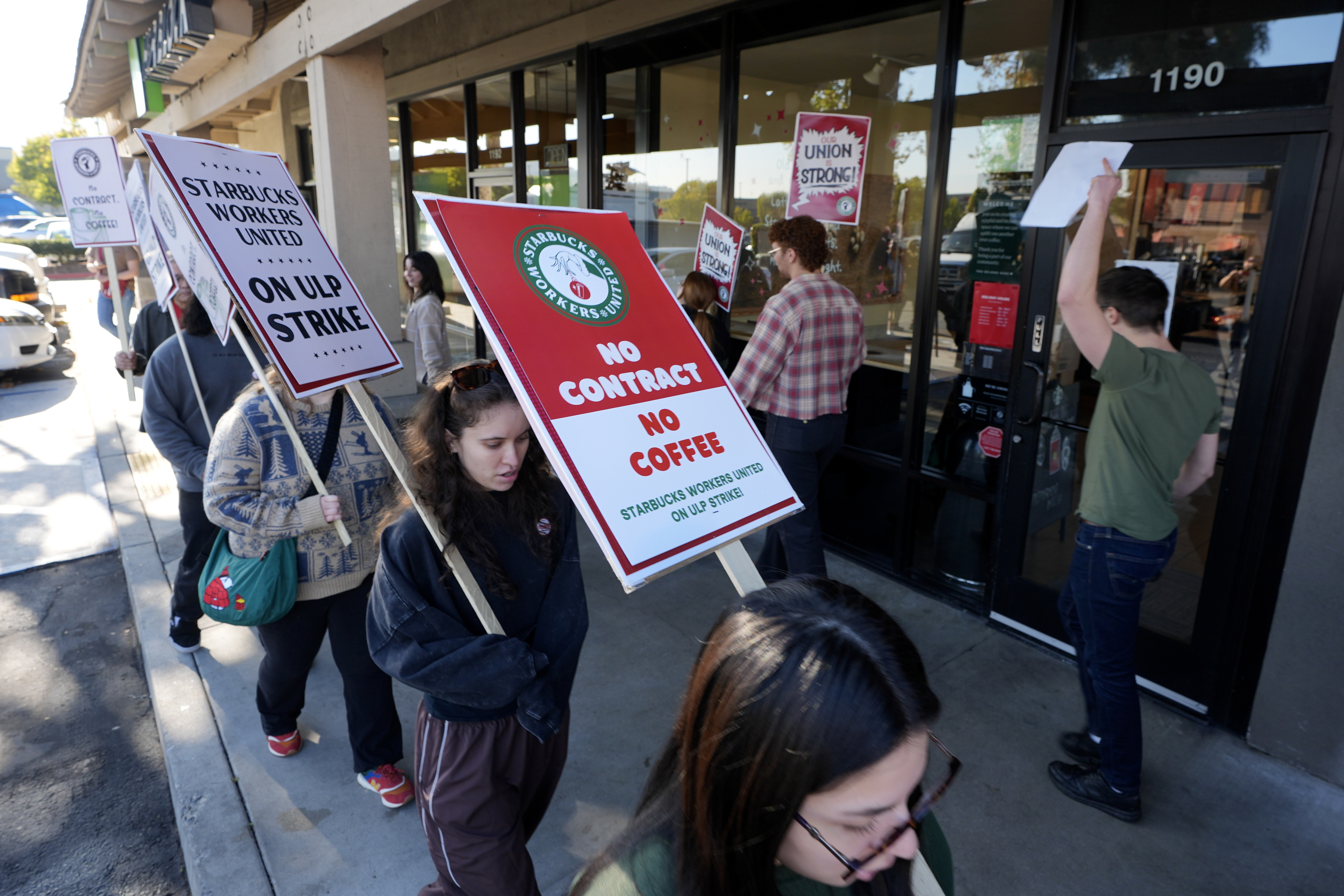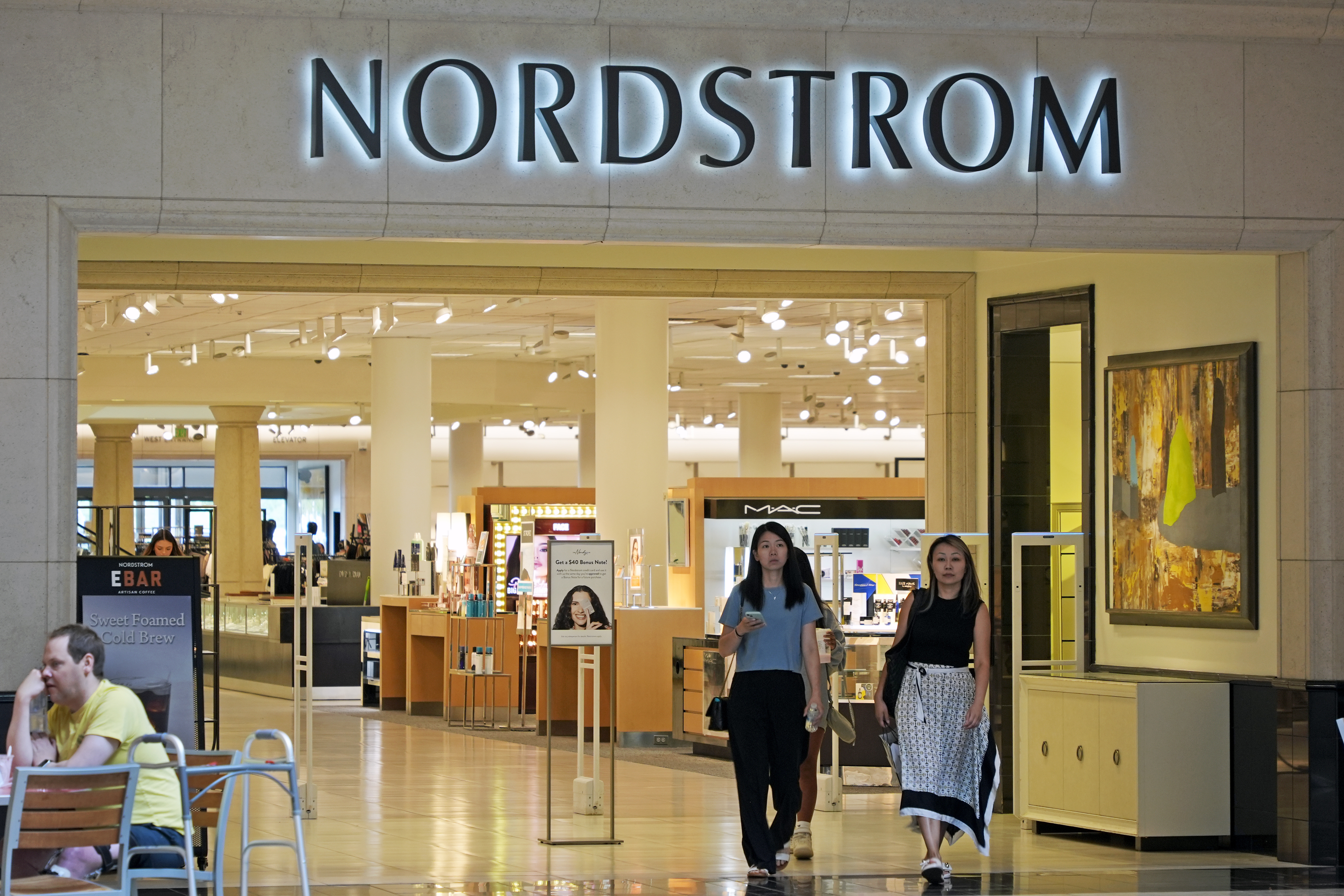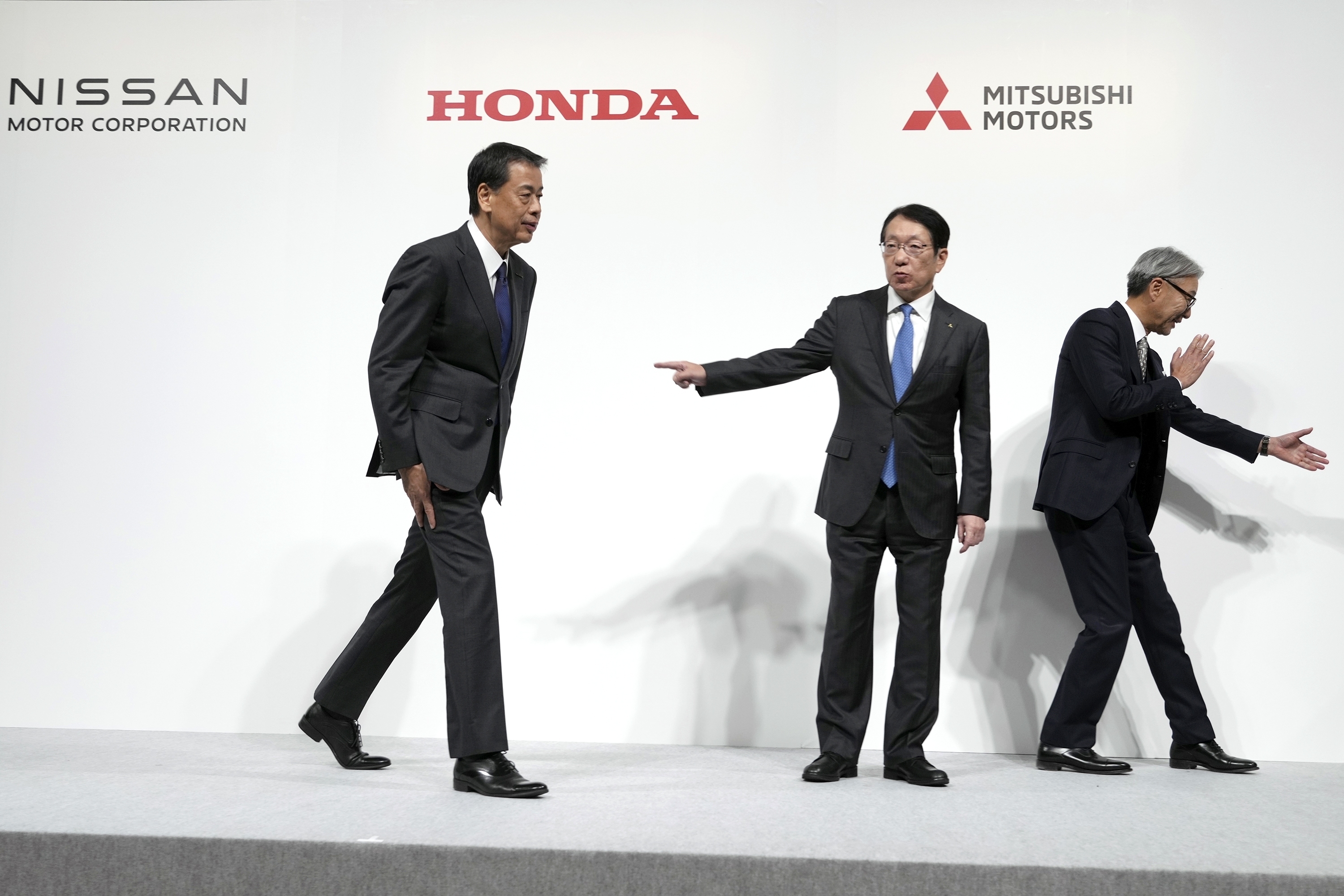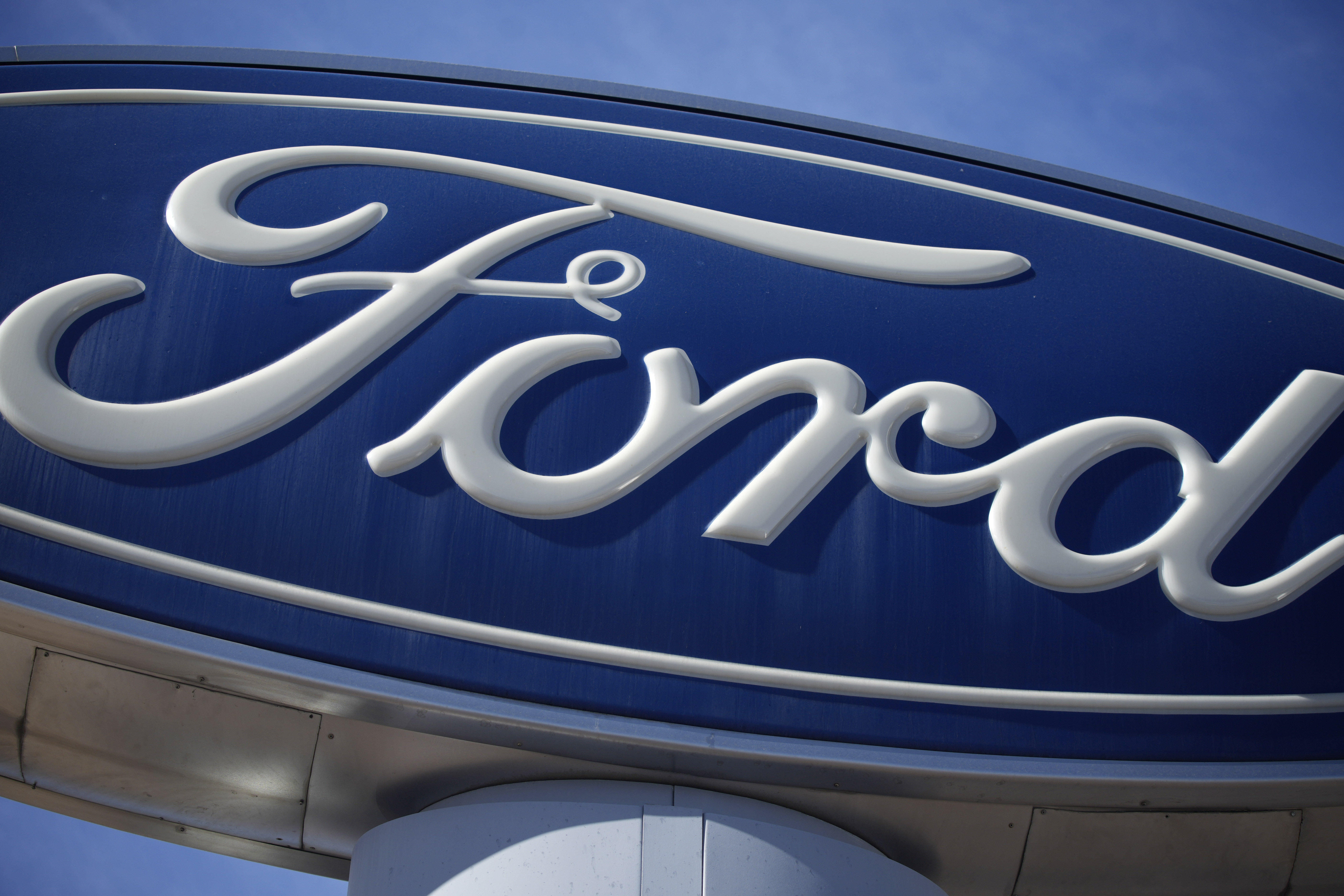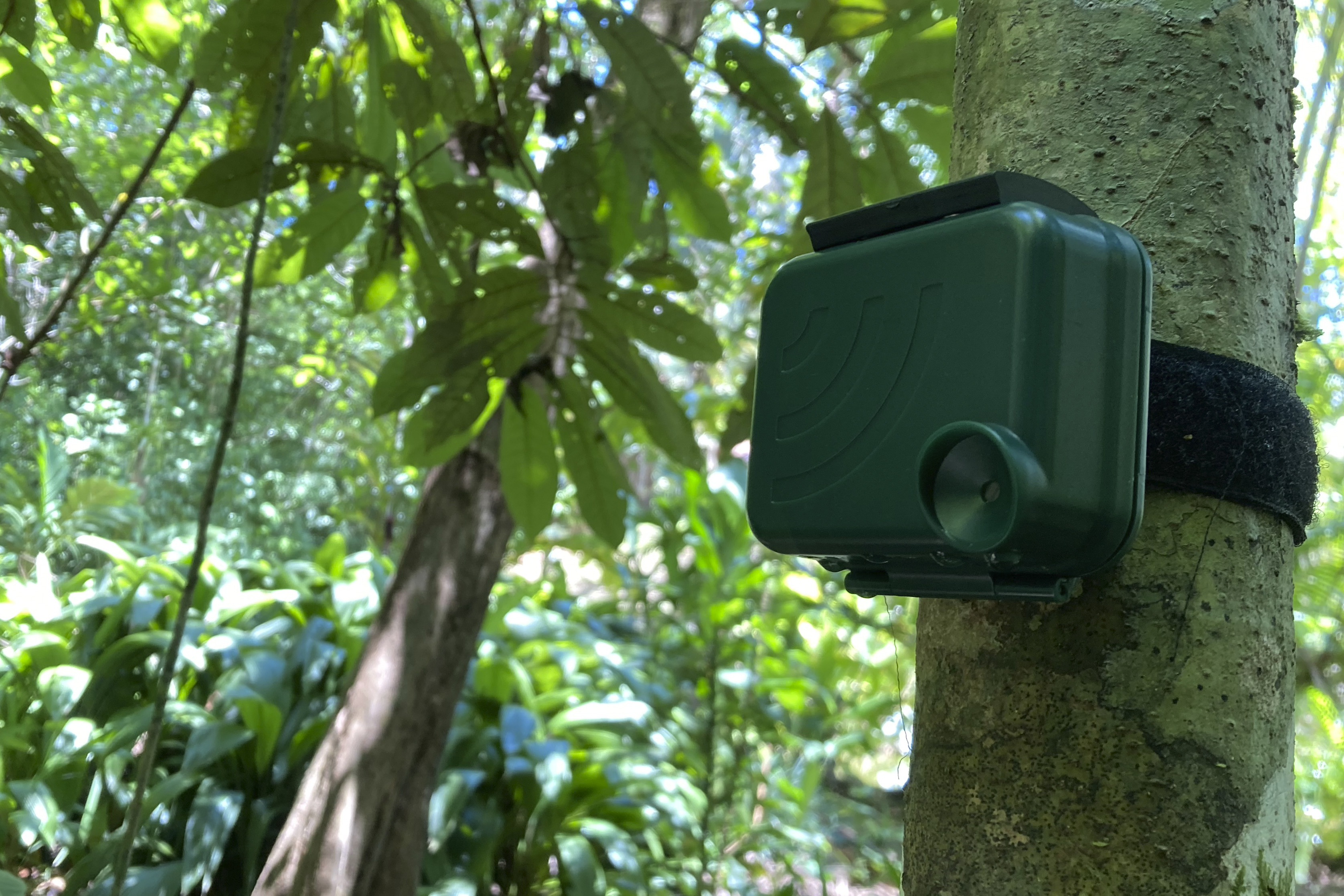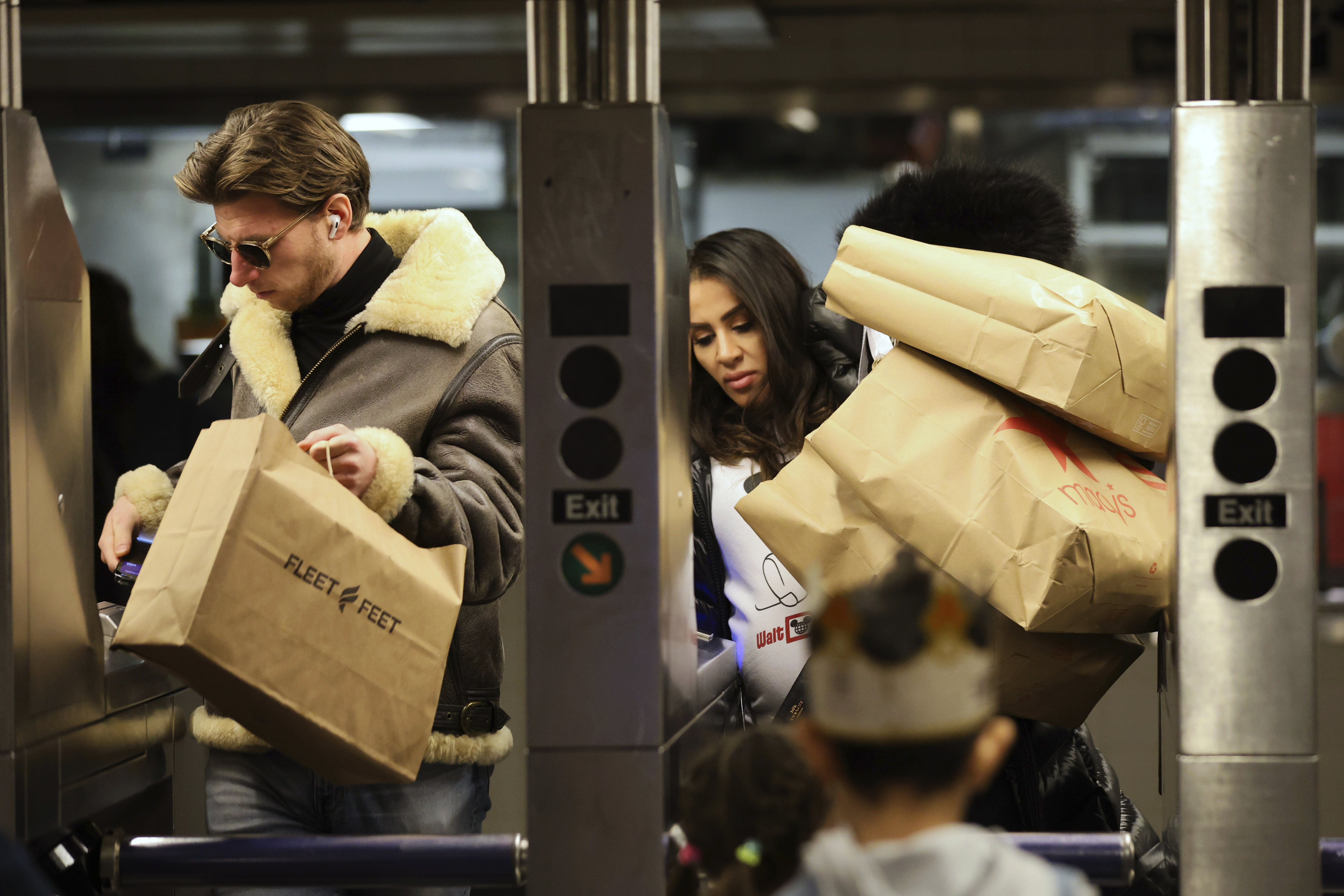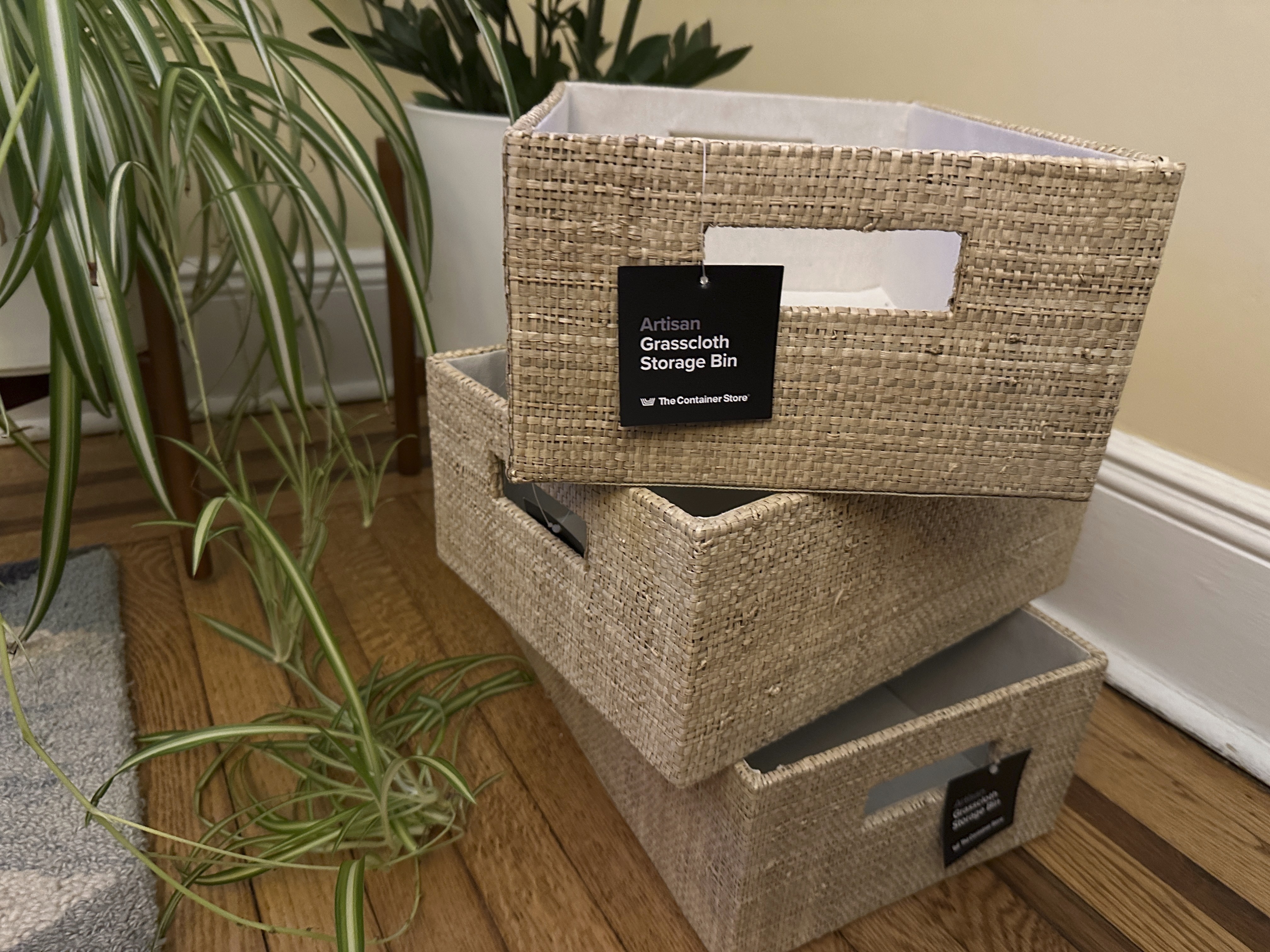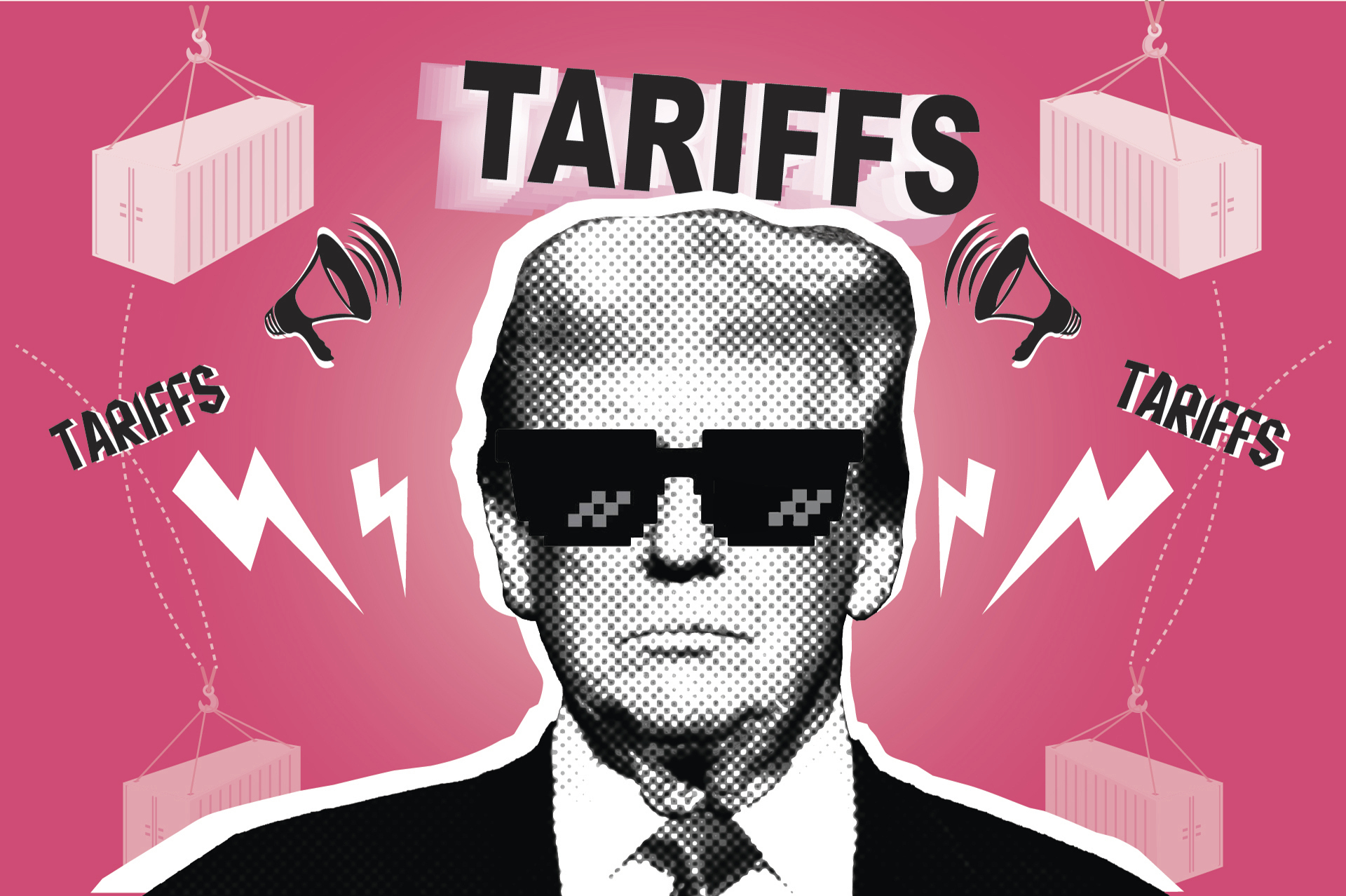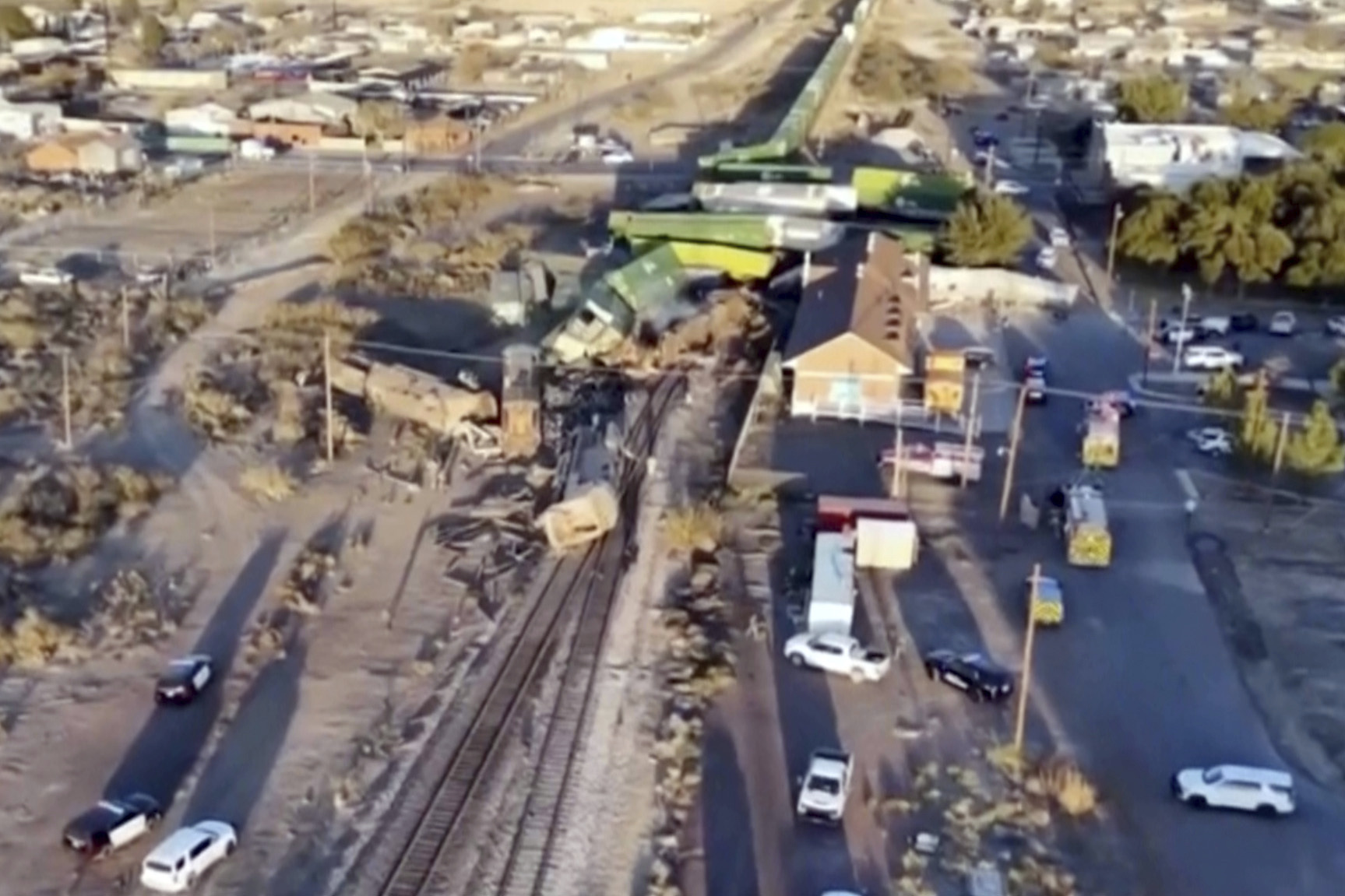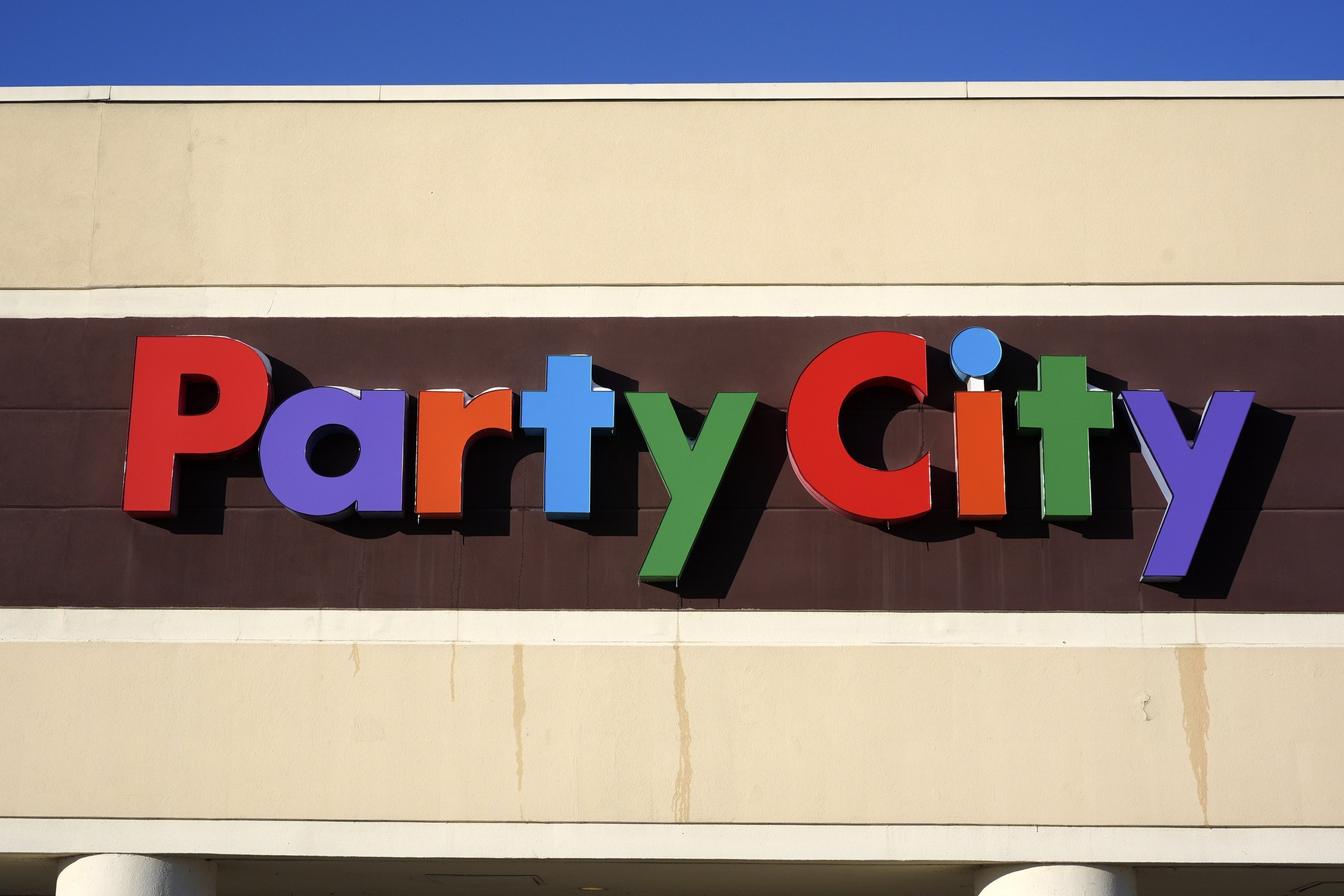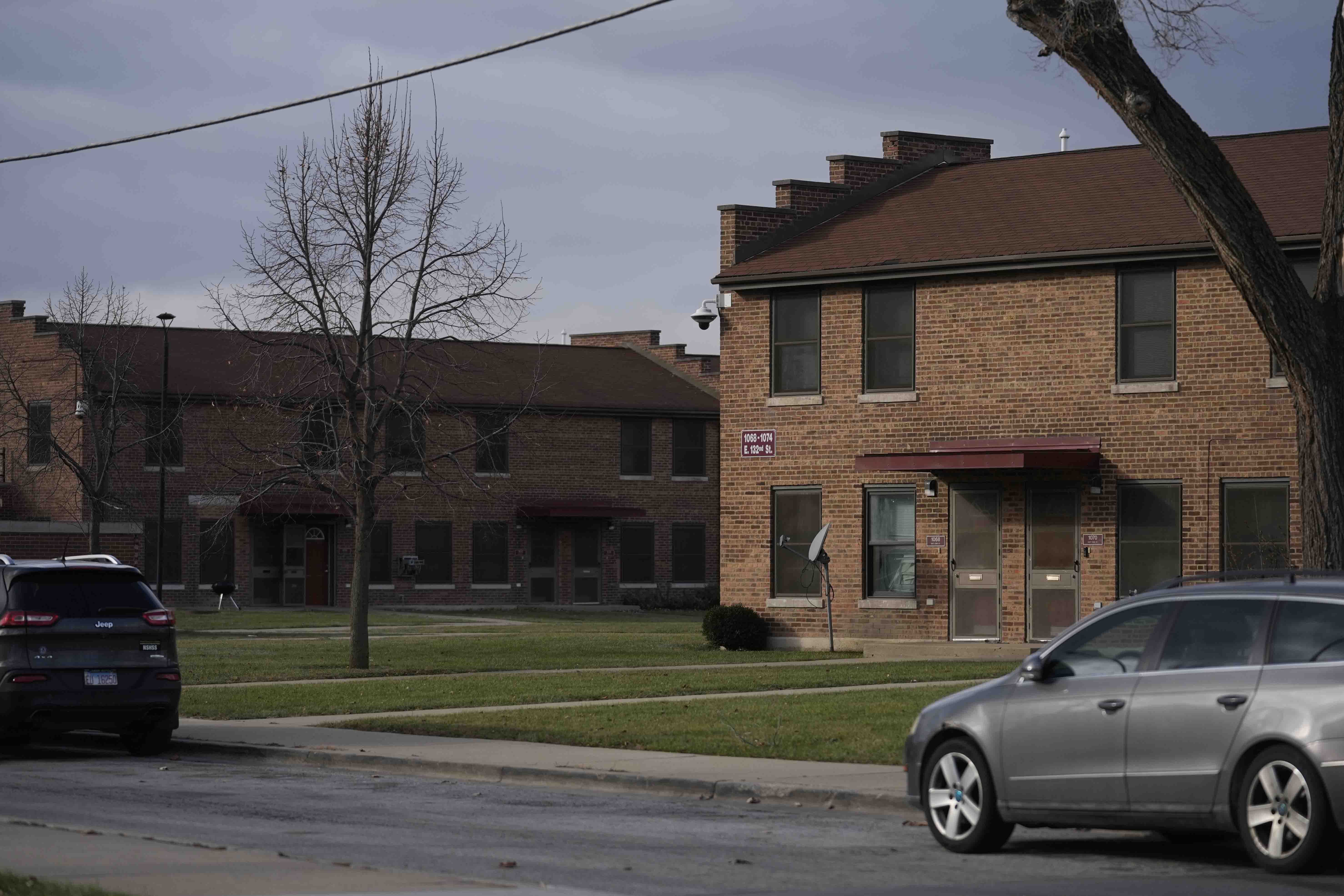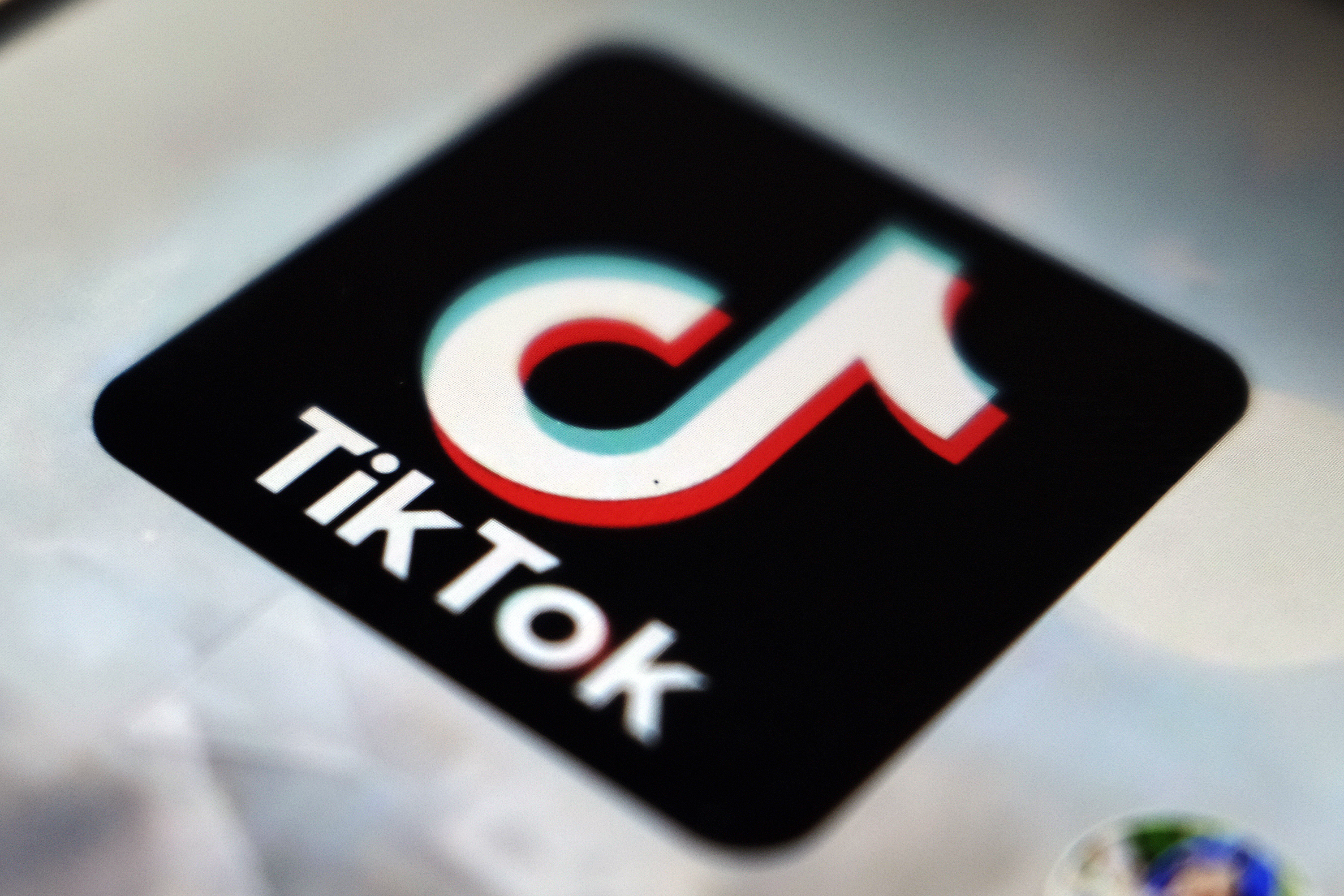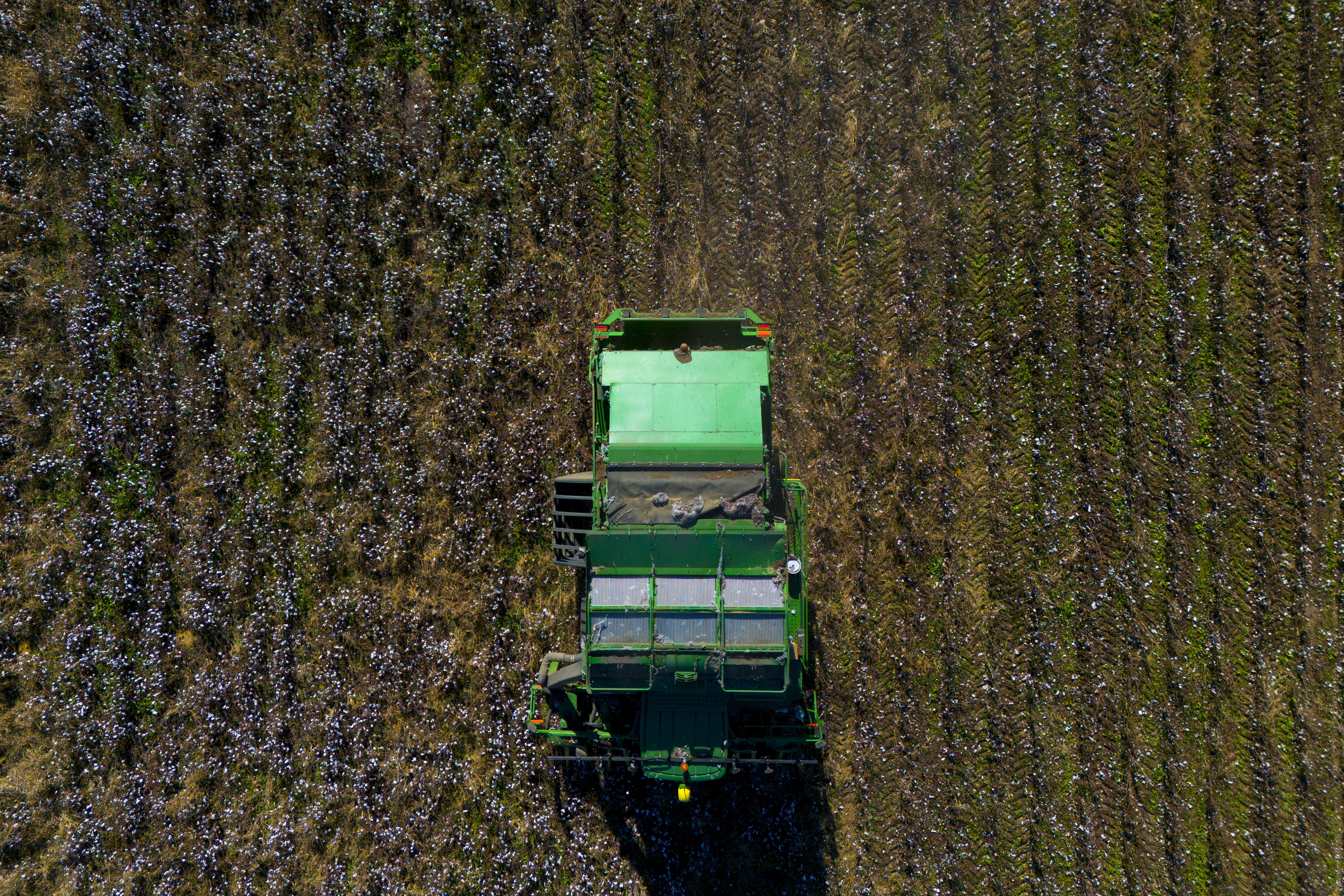RICHMOND, Va. (WRIC)- Several Virginia school divisions are making face coverings optional, even after Gov. Ralph Northam said a new state law requires them to follow CDC recommendations for universal masking.
According to 8News Legal Analyst Russ Stone, enforcing that law could cost taxpayers money.
“The Commonwealth of Virginia would file a lawsuit against a locality ordering them to comply with the statute and then a judge is going to have to look at that statute and say if it says what the governor thinks it says,” Stone said. “The taxpayers are the ones who are paying for the suit on both sides.”
In a press conference last week, Northam said school boards who refuse to align with federal guidance and require masks regardless of vaccination status should have a “frank discussion with their legal counsel.”
In a statement on Wednesday, Northam’s spokesperson Alena Yarmosky said, “While the vast majority of school divisions have complied with the law, it’s clear there are a few that need additional clarification. We plan to provide that shortly, and fully expect all school divisions will do the right thing.”
Yarmosky didn’t respond when asked if Northam would support suing school divisions or withholding state funding if they refuse to change their policies after that.
“This isn’t about politics—students learn best when they are in the classroom, and masks help to protect everyone, especially kids who aren’t yet vaccinated,” the statement continued.
Asked if a parent could sue a school district if a student contracts COVID-19 under an optional mask policy, Stone said, “That would be a difficult thing to do for an individual to sue the school simply because of the immunity that the government gets from those sorts of suits.”
The issue is further complicated by disagreement over whether the state law Northam is referring to actually requires localities to fall in line with the CDC. The law, which took effect July 1, says in part:
The bill requires each school board to provide such in-person instruction in a manner in which it adheres, to the maximum extent practicable, to any currently applicable mitigation strategies for early childhood care and education programs and elementary and secondary schools to reduce the transmission of COVID-19 that have been provided by the federal Centers for Disease Control and Prevention.
Last week, Sen. Siobhan Dunnavant (R-Henrico), the sponsor of the bill and a physician, said the law is not intended to require school districts to follow CDC recommendations in every circumstance.
“The bill says you should follow CDC guidelines maximally as practicable,” Dunnavant said. “This is not practicable. This is another duress on our schools.”
Del. Schuyler VanValkenburg (D-Henrico), a teacher who spearheaded amendments to the bill that ultimately won bipartisan support, disagrees. He said the law was written with public health guardrails in mind, knowing that the virus would evolve and so too would federal recommendations.
“The language is pretty clear. When you talk about the maximum extent possible this is for things like social distancing where some schools might not be able to do six feet. That doesn’t mean they should stay closed,” VanValkenburg said. “We know schools can do masking. They did it all spring.”
Stone said the statute is vague and appears to give school boards some discretion over what is in fact “practicable.”
“It seems rather than being a mandate, it is a recommendation,” Stone said.
Further confusing some school districts is the fact that the CDC has more firmly required masks on public transportation, including school buses, with a nationwide order.
Previously, universal mask mandates in Virginia’s PreK-12 schools were underpinned by an executive order from the Governor, rather than a state law.
“That might be an easier way for the Governor to get there. Certainly there would be people who would criticize the Governor for doing that also,” Stone said.
